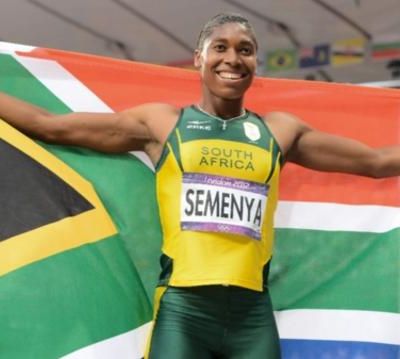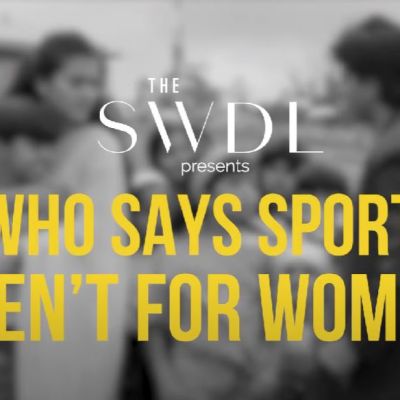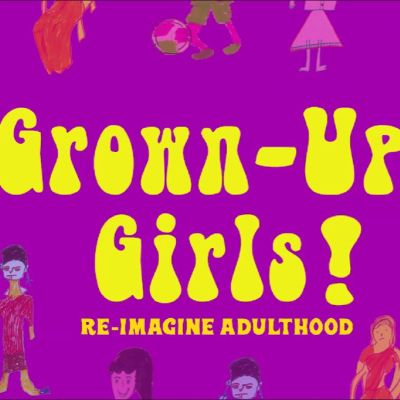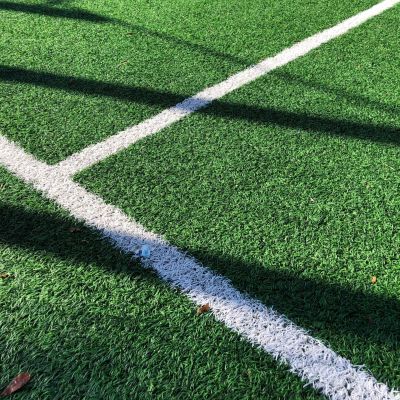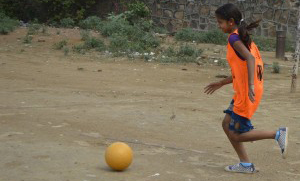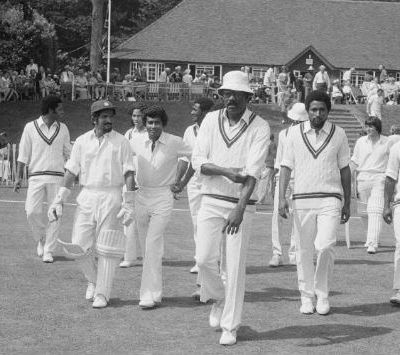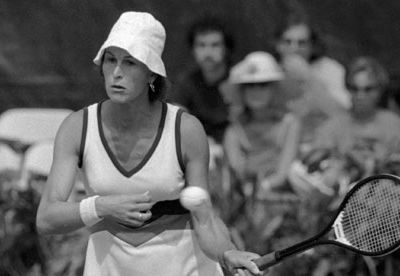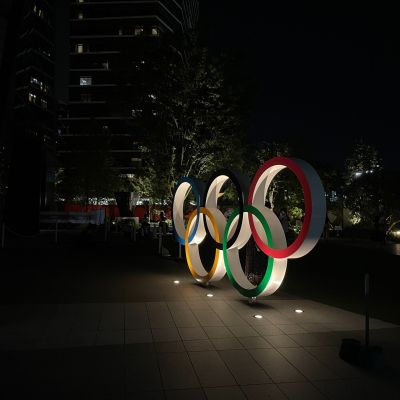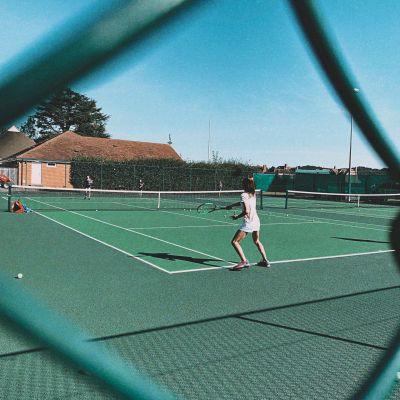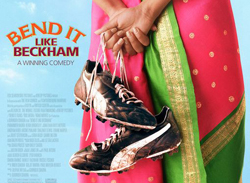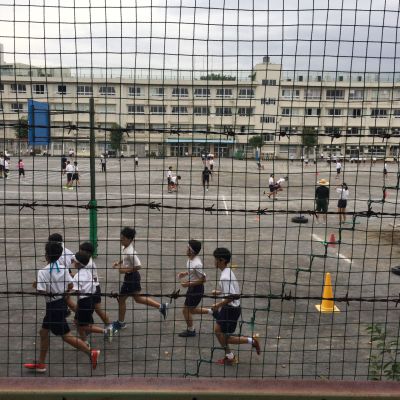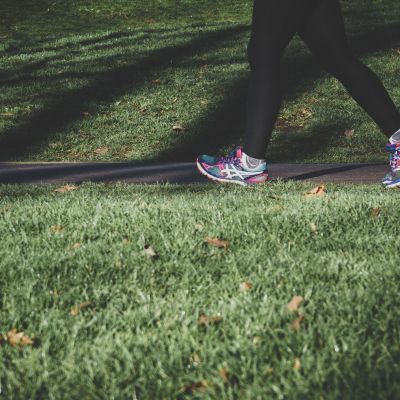Sports
This post was originally published at Mail Online. The family and friends of the teenager who struck gold in the women’s…
Society finds a million different ways to tell us that sports are not for women but why? In popular culture, it is mostly men who are shown to be excelling at sports. Athletic women are shown as out-of-place ‘tomboys’ and outcasts.
They use sports, technology, arts, and media to express themselves and to build the confidence to exercise choice and negotiate decisions about their bodies, health and life.
Lack of women’s representation in policy-making institutions has allowed men, often with minimal understanding and empathy, to decide what women in sports can or cannot wear. As a result, these policies have ended up undermining women’s comfort as well as agency.
Bare feet, dry brown hair, shabby clothes, a girl not older than 12 years stared out from her terrace at…
Sports and Sexuality: many who hear the two terms together wonder how they are connected and what sexuality has got…
As a teenager, I played tennis with friends, both male and female. Mostly we played with whoever was available to…
When I first read the title of the September issue – Sports and Sexuality – I was a little taken…
“The UFC was appalled by the transphobic comments made by heavyweight Matt Mitrione,” stated the mixed martial arts governing body, which recently suspended…
The spotlight that the world’s biggest sporting event (arguably) has along with the inherent gender and sexuality bias in sport come together in how sportspersons and athletes are both perceived and perceive themselves in mainstream and social media.
I discovered that tennis is not only about having the privilege to buy a racquet and specialised tennis shoes and access a tennis court. It is also about how one performs and expresses oneself, requiring players to follow a particular aesthetic that enforces gender binaries.
‘All I have to say is sporty spice is the only one without a bloke’ is the warning given by…
The gendered assumption that girls are generally disinterested in sports, could be easily refuted by the fact that the principal’s office shelf was adorned with multiple trophies awarded to the girls’ hockey team for winning championships.”
The fans invest emotional energy, and time, knowing very well that the players may never know of their existence or reciprocate the same emotions. That, however, does not deter them from feeling and living those emotions.
From today’s vantage point I see that I missed an opportunity to use PT and sports in school as a way to get to know and move my body. This in turn held me back from viewing myself as a sexual being.

